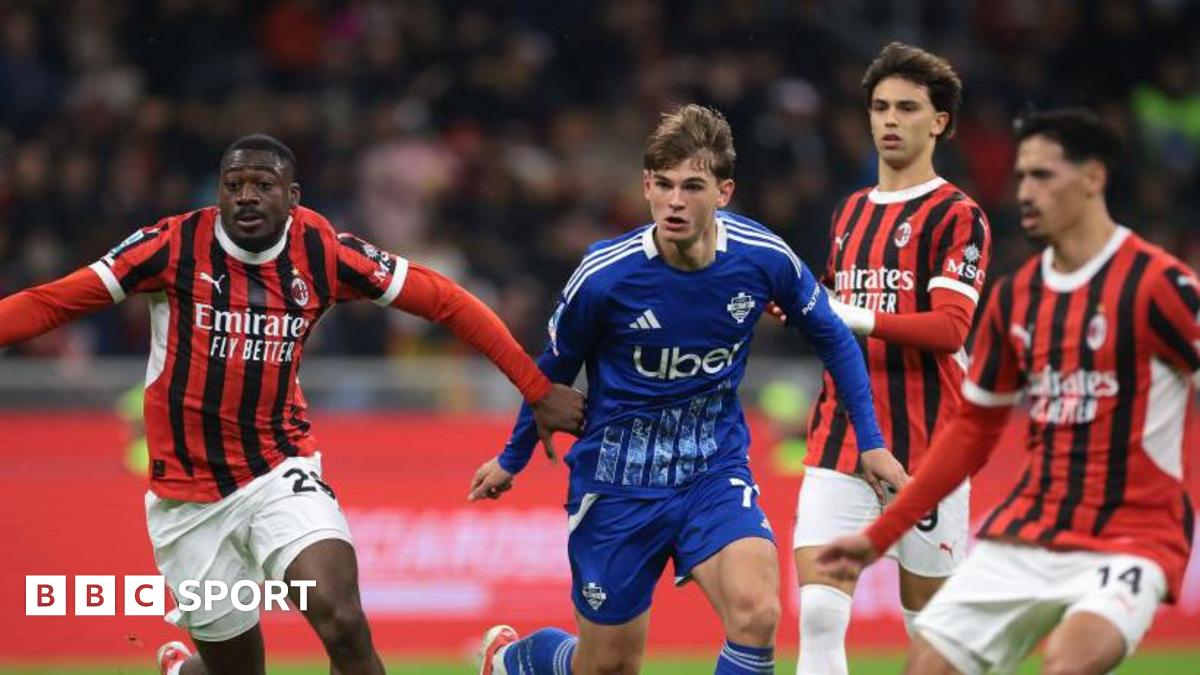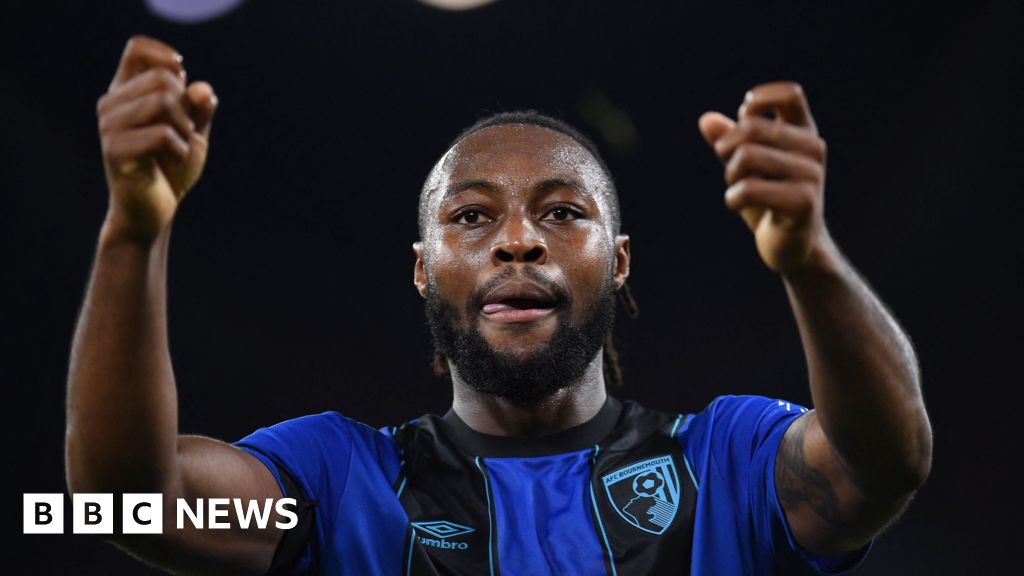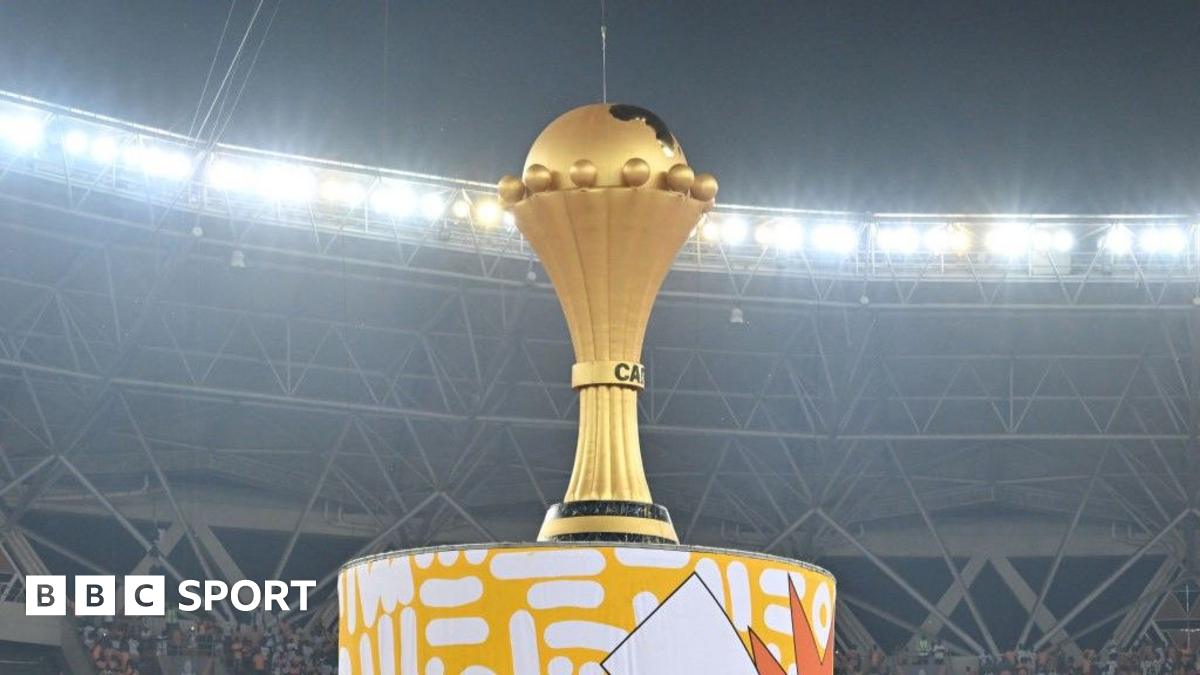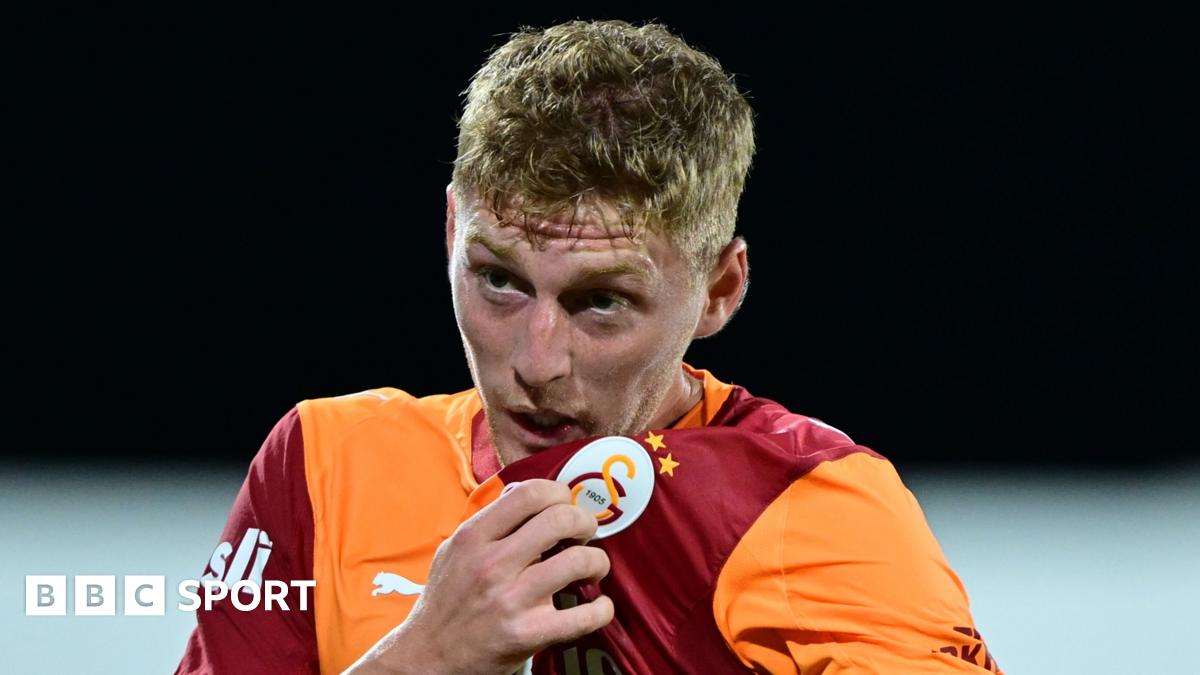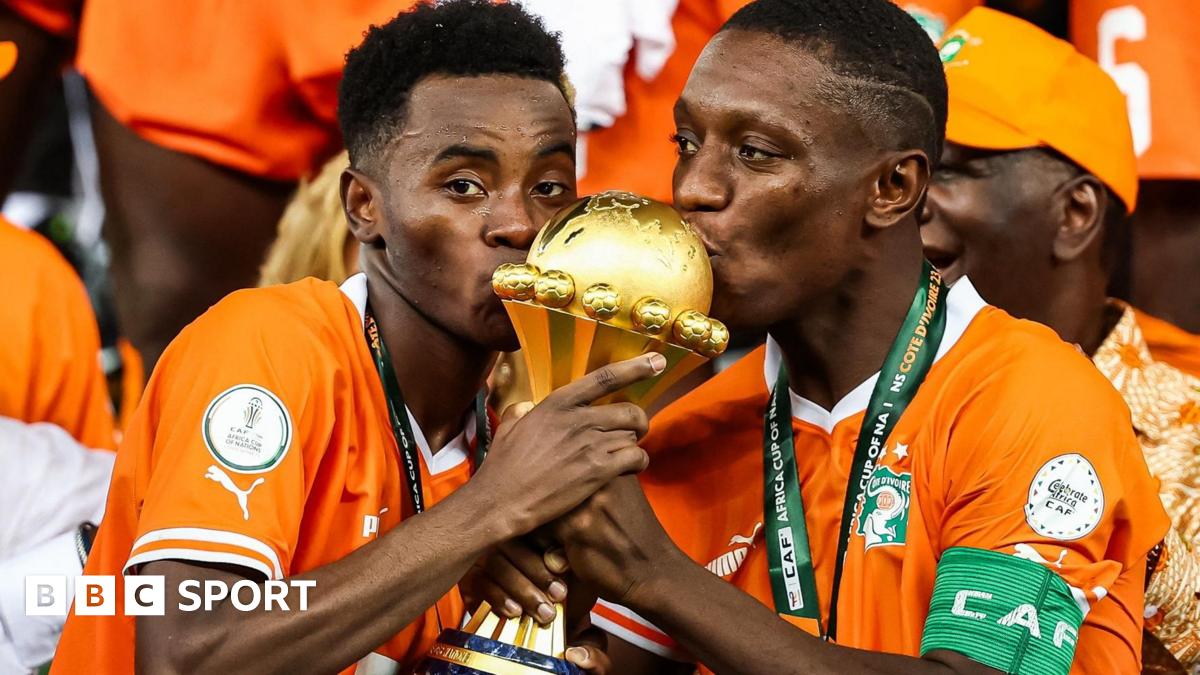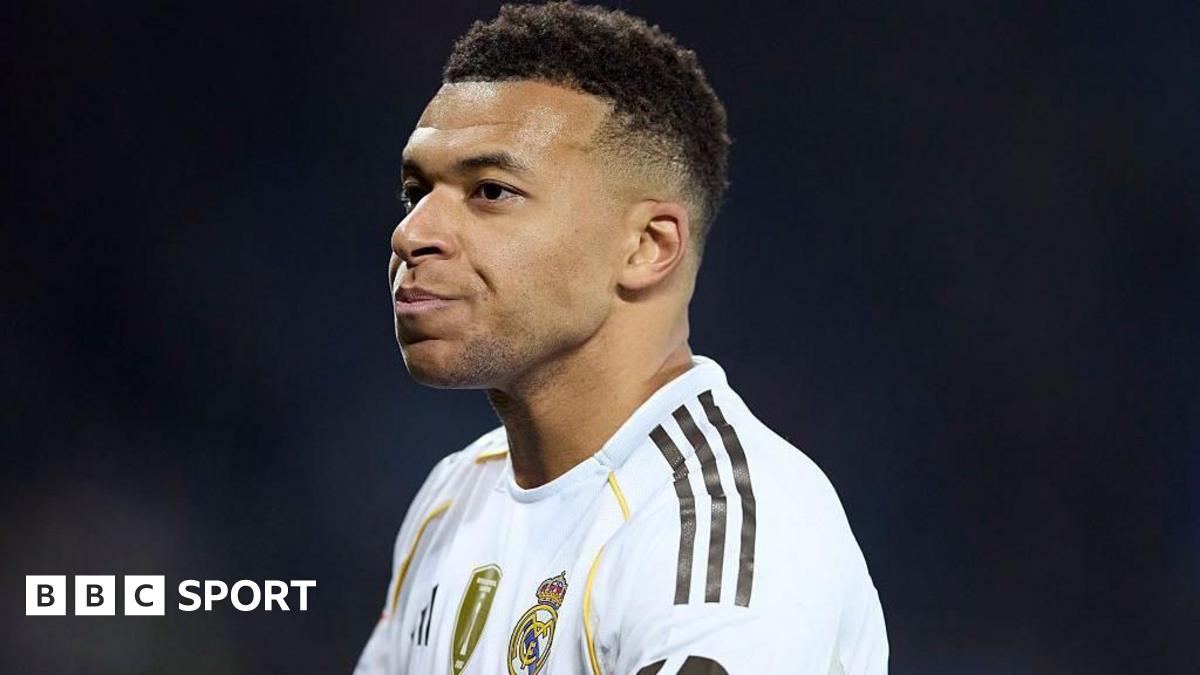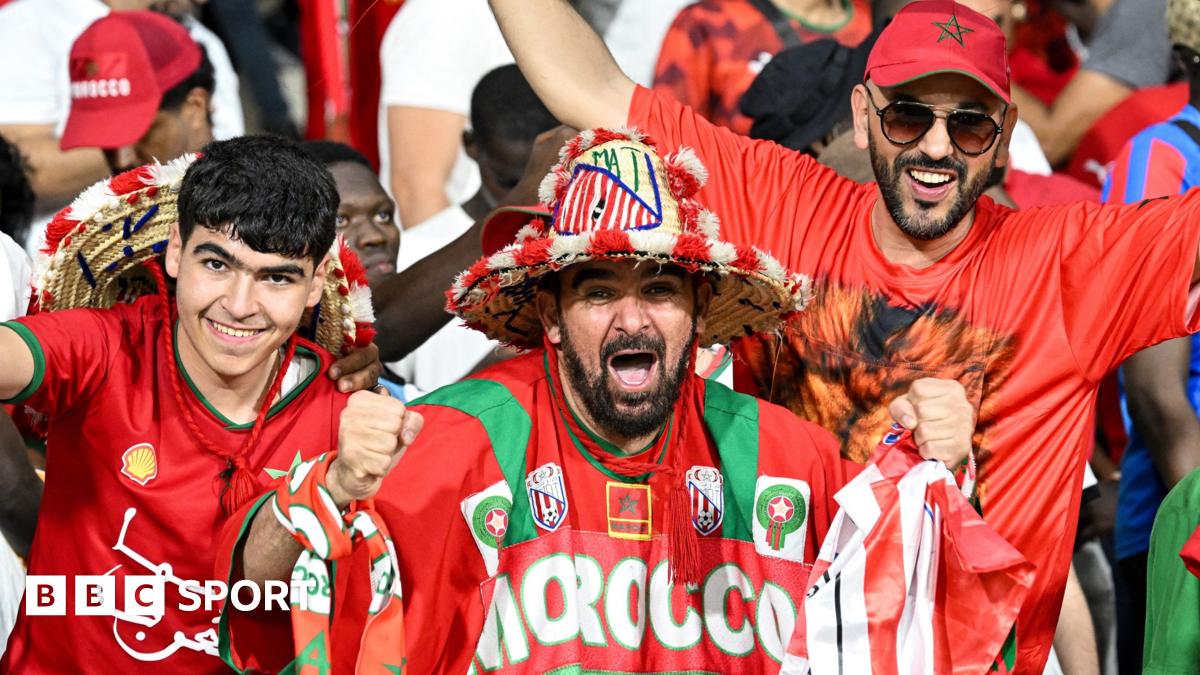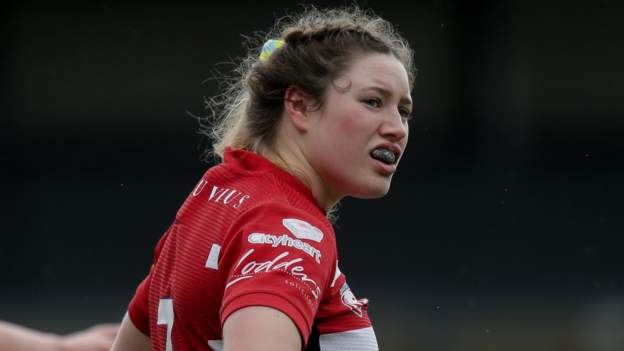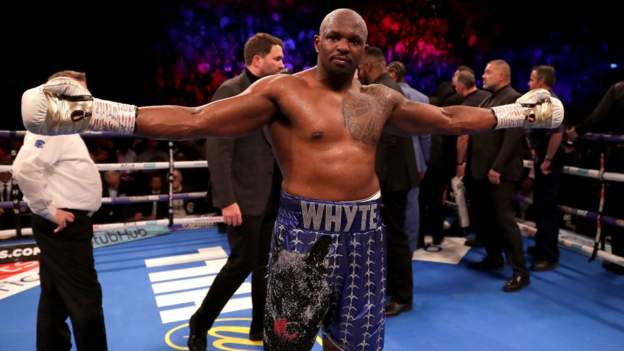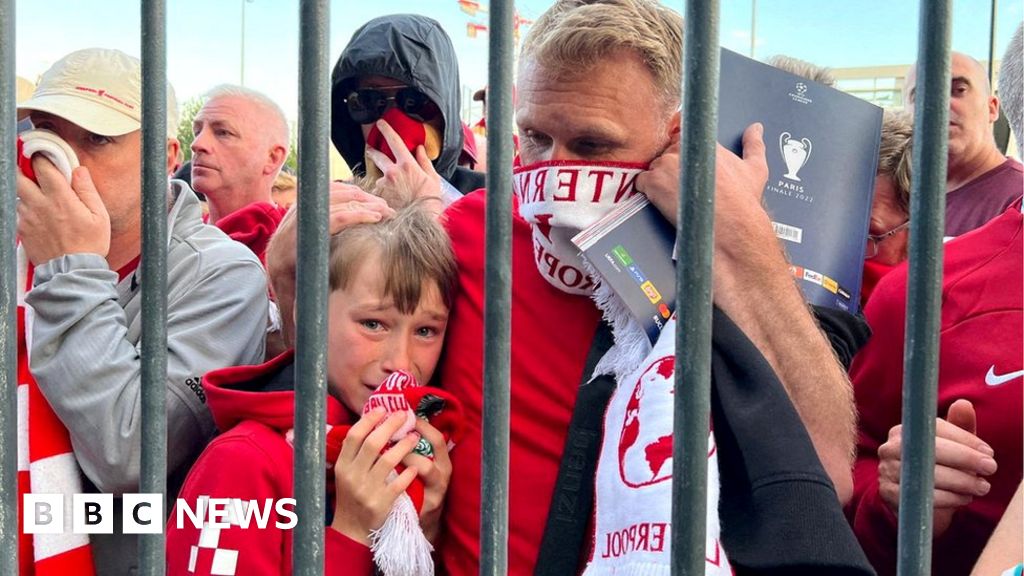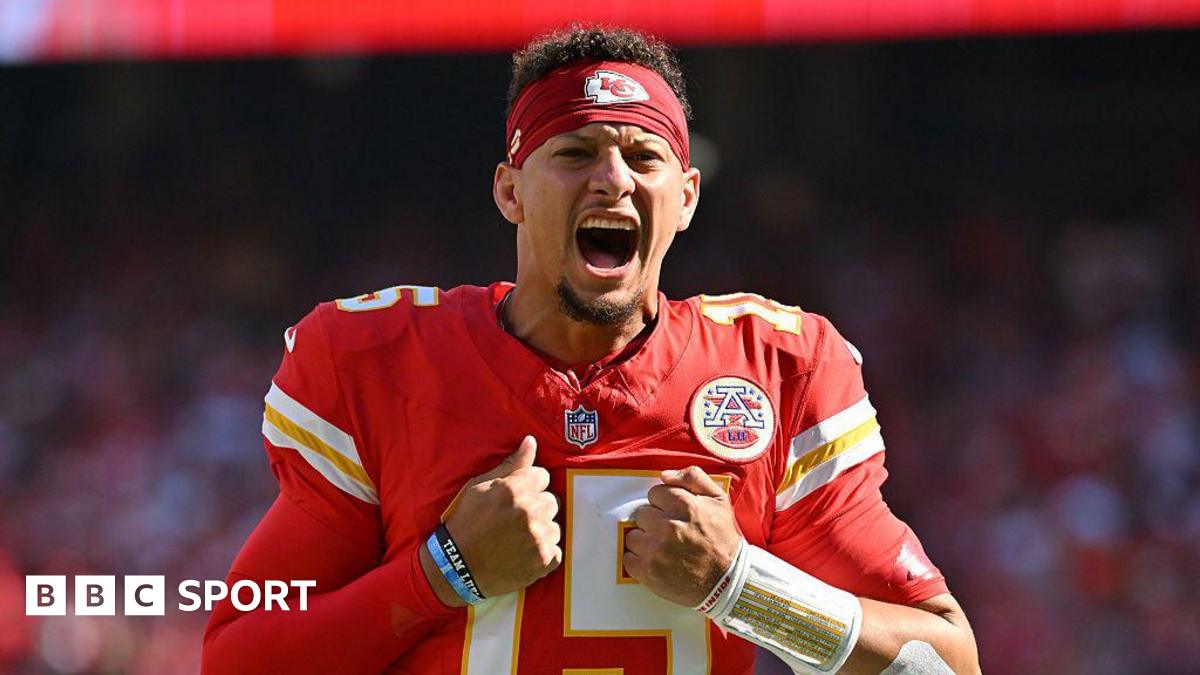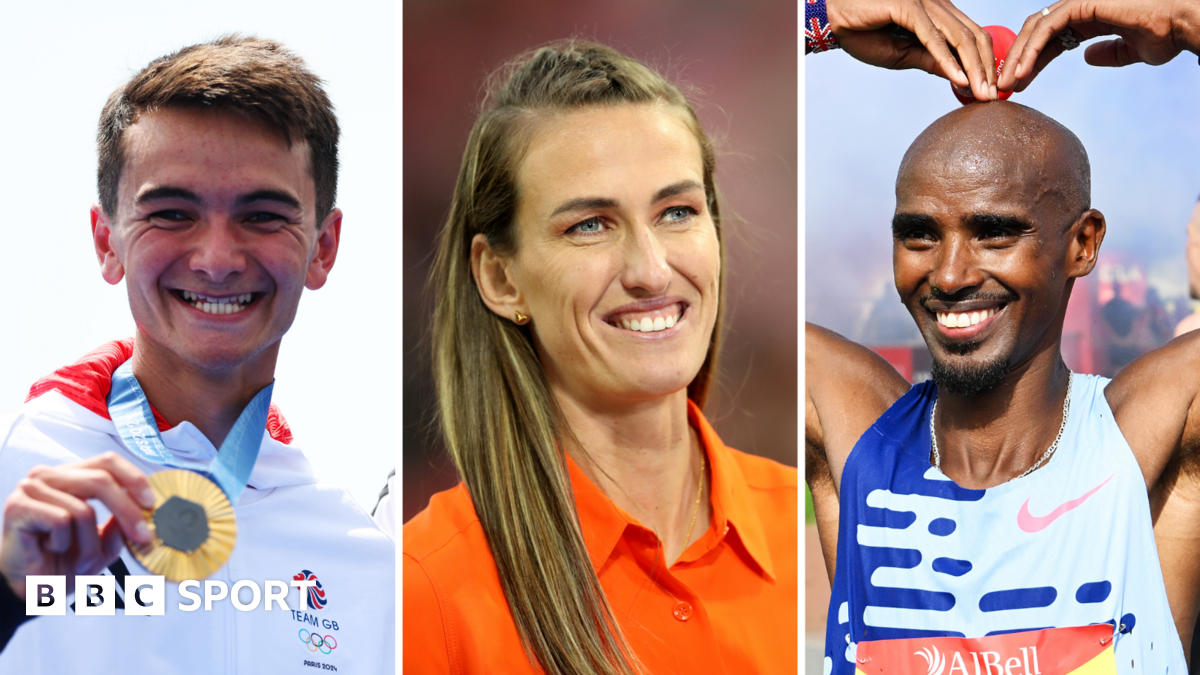When Wales and Gloucester-Hartpury back-rower Gwen Crabb first started playing rugby as a teenager she thought putting on weight was something to be viewed negatively.
Having switched to rugby from football, Crabb was small and light and – by her own admission – “technically and tactically a bit lost”, but did not see the benefit in doing any weight training.
An early long-term knee injury ended up being a blessing in disguise for the now 23-year-old, who grew physically and mentally during her year on the sidelines and gradually started to change her outlook on her body.
“I think the biggest thing for me was my confidence,” Crabb told BBC Radio Gloucestershire’s No Tackle podcast.
“As soon as I started believing in myself a bit more, started understanding that putting on weight wasn’t a bad thing – especially coming from a background of doing a lot of sports, like long-distance running – I was very afraid of putting on weight.
“When I started putting on weight and then seeing direct correlation with my performance increasing at the same time I was like, ‘OK, this isn’t a bad thing’, and it sort of changed the narrative in my mind and that helped my confidence grow.”
Crabb began her rugby career with Ospreys at university before joining Premier 15s side Gloucester-Hartpury in 2020.
She has been capped 28 times for Wales since her debut in 2018 and was awarded a retainer contract by the Welsh Rugby Union last February, before playing in three World Cup games in New Zealand last autumn.
“When I look back to when I first started playing I was 55kg and pretty much the same height I am now. To put that in context I’m like 87kg now so you can imagine the difference,” Crabb said.
“I had hardly any muscle on me because I had it drilled into me that if I went to the gym I went on the running machine or I went on the bike, and that’s what I thought was going to the gym.”
Stronger, heavier, bigger, better
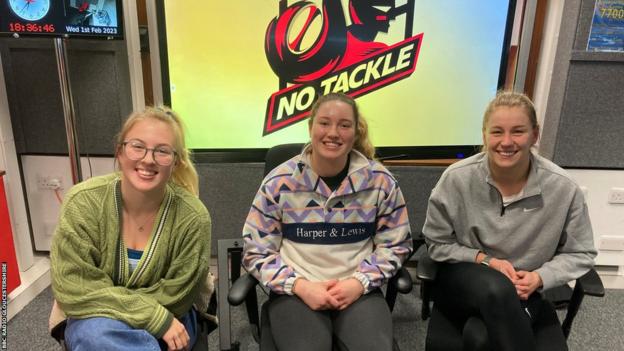
Crabb has a degree in strength and conditioning and has worked as a personal trainer since graduating, specifically coaching women in rugby.
Her mantra and name of her company is ‘built for purpose’ which stemmed from the switch in her view towards her body, realising it was “built to perform well on the rugby pitch”.
“Rugby has helped me with that hugely because people value you on how good you are as a person and how good you are on the rugby field,” Crabb said.
“For me, seeing me being stronger, being heavier, being bigger – all those things benefitted me as a rugby player and therefore it helped me work hard on my performance rather than what I looked like.”
It is a message she tries to instil in her clients, but in a sport like rugby where players have an array of body shapes, she says women often and easily compare themselves to others.
Similarly, the positive impact of strength and conditioning training is something Crabb feels is not being used to its full advantage in the sport.
“When you are a woman in sport you are constantly surrounded by other women that are of athletic physique, especially a sport like rugby. There’s such a range of physiques and it can be really hard not to compare yourself to other people,” Crabb added.
“There’s a lot of young women’s rugby players that don’t understand the effect yet that performing well in the gym will have on their rugby because I think it’s something that’s missed out. There’s a massive role for strength and conditioning for young girls.”
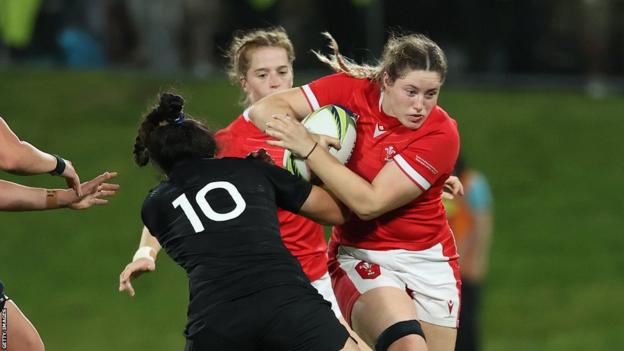
Crabb said that playing at the World Cup and being competitive against the best players in the world has boosted her confidence further. She returned to her club Gloucester feeling like the “world is my oyster”, going on to score three tries in the win over Wasps on 3 December – her highest tally in one match.
Yet in the next game against Saracens she fractured her fibula, had to have surgery and is still in rehabilitation. Crabb is hoping to return for Wales’ Six Nations campaign, which starts against Ireland on 25 March.
“I at least want to play a good role in the Six Nations because it is very exciting at the minute with contracts coming out in different nations,” Crabb said.
“I think it’s going to be the most competitive one yet.”



